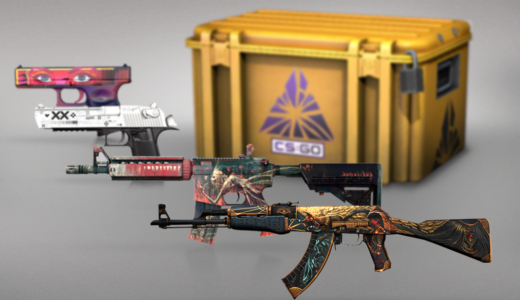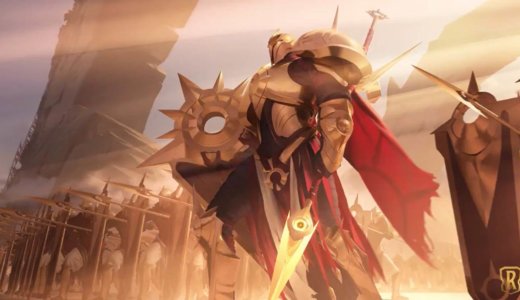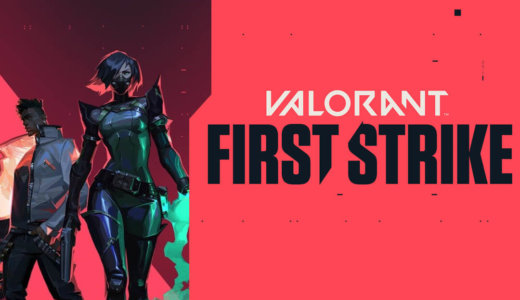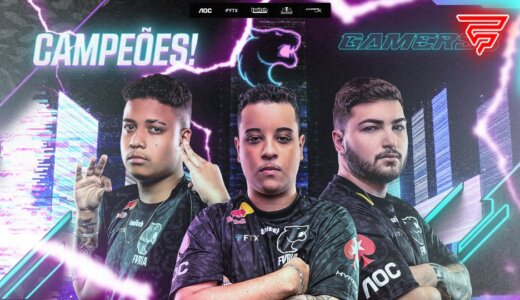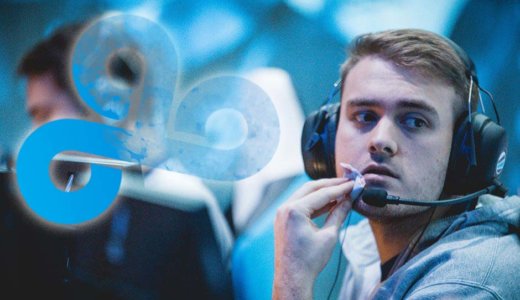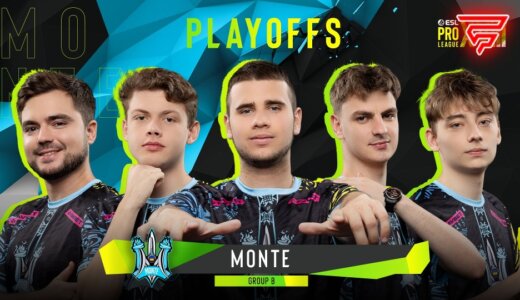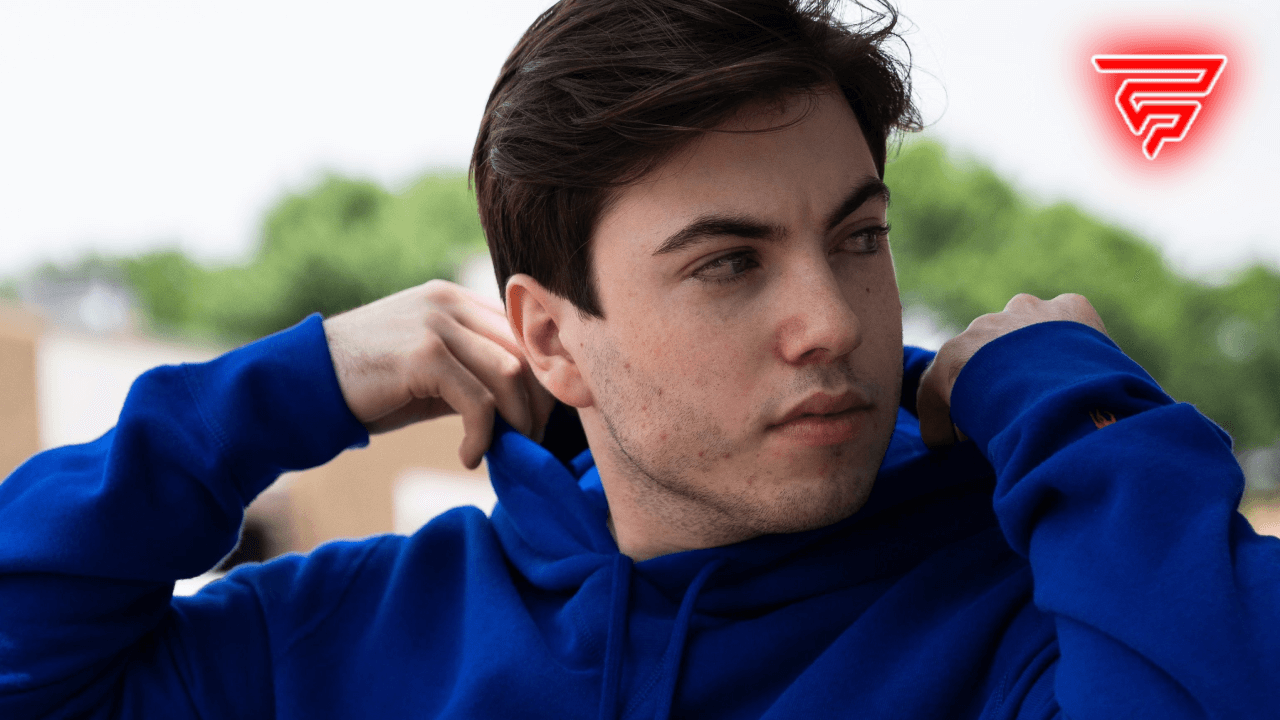Dapr, previously renowned for his prowess in Counter-Strike, transitioned to VALORANT in 2020, seeking renewed opportunities.
His journey led him to Sentinels, a powerhouse team with a string of victories under their belt. However, a slump in their performance during the 2021-2022 season precipitated changes, and Dapr found himself navigating the intricate landscape of VALORANT’s Tier 2 competitions.
Former Sentinels star Dapr claims VALORANT’s T2 scene is doomed to failure
After a brief stint with G2 Esports in the VCT Ascension league, Dapr transitioned to Oxygen Esports. His experiences, coupled with observations from the broader competitive scene, have prompted him to voice concerns about the evolving dynamics of VALORANT, particularly its Tier 2 sector.
quit CS because of a dying T2 scene then after 3 years VALORANT has a dying T2 scene
hate to say the writing was on the wall but it truly was as soon as franchising was announced and an artificial line was drawn
hope everybody affected lands on their feet
— dapr (@dapr) December 21, 2023
In a candid Twitter post shared on December 20, ahead of the 2024 season kickoff, Dapr expressed apprehensions about the ramifications of VALORANT’s franchising model on Tier 2 viability. He remarked, “I shifted from CS due to a dwindling Tier 2 scene. Now, after three years in VALORANT, I witness a similar trend. The signs were evident, especially post the introduction of franchising, setting arbitrary boundaries. My best wishes to all impacted; I hope they find stability.”
Dapr’s sentiments resonated with many in the community, sparking a discourse on the potential pitfalls of franchising in esports. Vanity, another VALORANT professional familiar with both Tier 1 and Tier 2 dynamics, echoed Dapr’s concerns, emphasizing the cyclic nature of challenges faced by emerging talents.
Nothing quite like watching the same thing happen again
— Anthony (@Vanityxz) December 21, 2023
A prevailing sentiment among enthusiasts and professionals alike is that franchising, while offering certain benefits, may inadvertently stifle growth and opportunities within Tier 2. Critics argue that such models can create barriers, limiting the influx of fresh talent and preventing underdog stories from flourishing.
Franchising. Is. Bad. For. Esports.
It literally doesn’t work and it gate keeps possible under dogs
— WAR Jay (@JayTheGam3r) December 21, 2023
As VALORANT embarks on its second franchising year, the community remains divided on its long-term implications. While some Tier 2 teams, like The Guard, have managed to ascend by clinching pivotal victories, questions linger about the sustainability and inclusivity of the current structure.
In summary, Dapr’s reflections shed light on the complexities surrounding VALORANT’s Tier 2 landscape. As the esports ecosystem continues to evolve, striking a balance between commercial interests and fostering a vibrant, competitive environment remains paramount.
Similar posts
